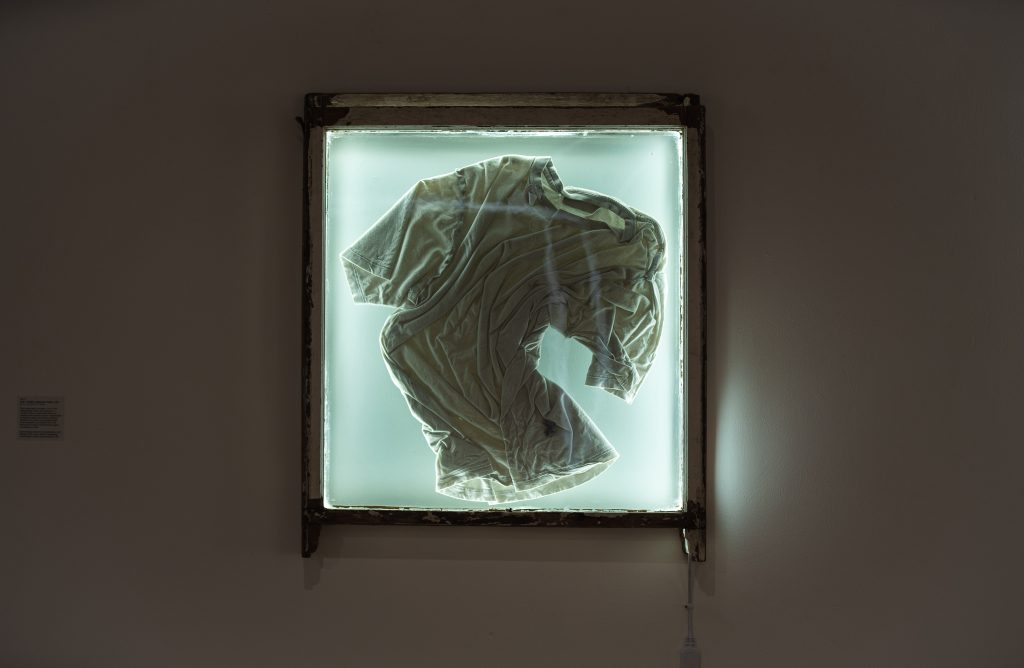This PGCert session that took place at LCC on 22nd February, was a particularly memorable session for me so far.
The session focused on the values and ethics of teaching, relating to the Climate and Social Justice policies instated by UAL this year. I was enamoured with the collective feelings surrounding this subject matter. Being so closely linked to my role and my practice, the session gave me a new-found alliance amongst other practitioners experiencing similar restraints and struggles within their field.
As part of the afternoon session, Lindsay asked us to form groups and conduct an activity dependant upon our understanding of the Embedding Climate, Racial, and Social Justice’ Guide for course teams. Our group collectively decided to re-write the framework, and reimagine a ‘ideal’ methodology that could be applied moving forward. We did not finish the activity during the session however, I have completed this below:
> Define principles
Problems Identified with the current framework: Tokenistic, greenwashing is present, a choice is presented rather than a necessity, policies are theoretical, should consider the four lenses: Social, Cultural, Environmental, Economic Sustainability.
BASELINESHIFT– Acknowledging Sustainability- Baseline will be the shift: this is to acknowledge the urgency of these issues presented.
AWARENESSCONVERSATION – Teaching about Sustainability
FOUR REQUIRED UNITS:
- Environmental Unit – Material Awareness Unit as necessity.
- Cultural Unit – Cultural Exchange Project
- Economic Unit – No money used – eliminating student financial hierarchy/abilities.
- Social Unit – Collaborative Unit
- IDEATION – Teaching for sustainability
- All design studios will be circular in their approach.
- Reality of process – choice and impact
- Manifesto of Make
-
SHIFTINDUSTRY TRANSFORMATION – Exchange as sustainability - Influence within industry.
- Knowledge exchange
Work out a process for stakeholders and who to involve
Student Agreement signed upon arrival.
Application process.

